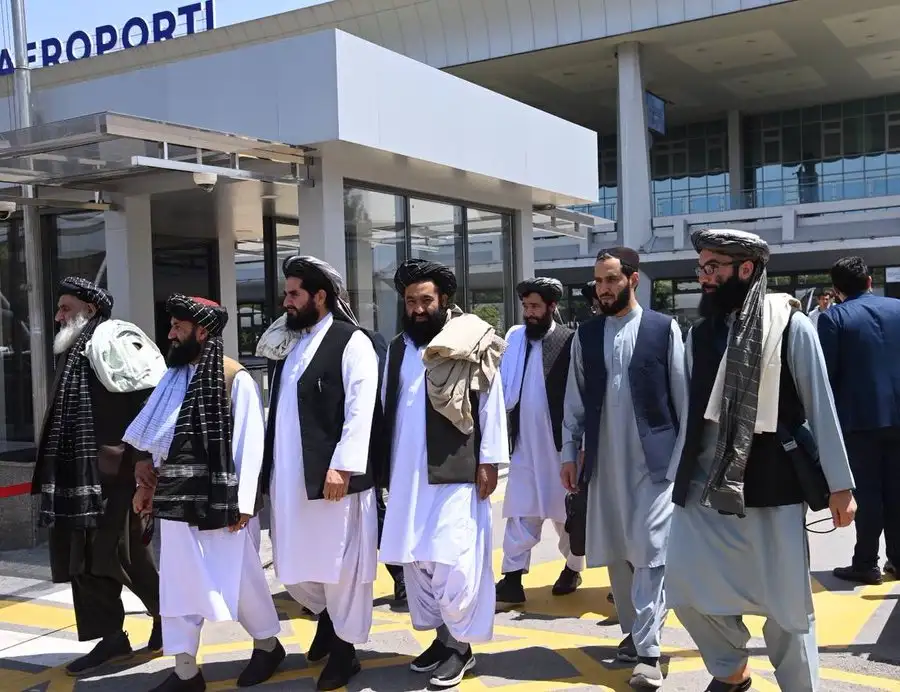Western nations and Afghan stakeholders will meet in Norway in mid-June to discuss Afghanistan’s current situation and the Taliban’s governance issues – which will complete two years in power this August.
To be held in Norwegian capital Oslo, the meeting will also discuss the promises the Taliban made to the international community since it took over the reins of power in the aftermath of the US and NATO withdrawal post the US-Taliban peace accord in Doha, Qatar, in February 2020.
With the meeting, the Western nations want to keep the doors of dialogue open with the Taliban in a bid to persuade it to join the mainstream of global governance. Currently, the Taliban has not been given recognition by the world over keeping minorities out of governance and disallowing girls and women from education and work.
Norway has been at the forefront of holding discussions concerning the developments in Afghanistan.
The Secretary General of the Norwegian Refugee Council (NRC), Jan Egeland recently traveled to Kandahar in Afghanistan to speak with Taliban leaders about allowing women to work. The Taliban administration had prohibited women from working in international aid and UN organisations in compliance with Islamic laws.
In January 2022, Norway had invited a 15-member Taliban delegation for talks with Western diplomats, inviting questions whether it was providing legitimacy to the ostracised group. Norwegian diplomats, however, defended the closed-door talks as icebreaking, saying these would pave the way for an improvement in the human rights situation in the country, which faces one of its worst humanitarian conditions due to natural disasters, reduced aid and a boycott of the Taliban regime.
More recently, leaders of the European Union (EU) and Central Asian Region (CAR) met in Kyrgyzstan to discuss, among other things, how to stabilise the situation in the landlocked nation. They shared their worries over the export of terrorism from Afghanistan even as they stressed on the need for more humanitarian aid for the Afghan people.
Barely a month back, India had joined a two-day closed-door conference on Afghanistan with 20 other countries led by UN Secretary General Antonio Guterres to discuss the Afghan crisis. Worried over the deteriorating situation in the South Asian nation, the UN organised the meeting in Doha, Qatar, along with the US, Russia, China and other nations.
With the Taliban taking over Afghanistan, nations have voiced apprehensions over international peace and security, including the illicit drug trade and the proliferation of terrorism. Afghanistan’s close relations have eroded considerably with regular border clashes with eastern neighbour Pakistan.
Along with security, countries have been voicing their fears over the deteriorating conditions for the people due to conflict, droughts and an unstable economy. Thousands of Afghans have been leaving the country in a desperate bid to head to Europe and as far as the US.
The $7 billion of modern weapon systems left behind by the US during its hasty withdrawal too has spread unease among its neighbours.




















